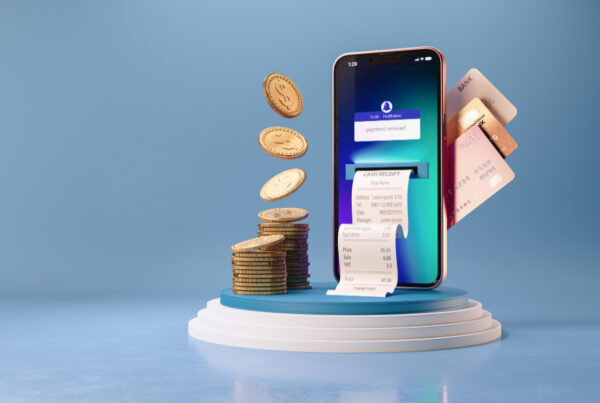As you feel your way into the new year, one question dominates several boardroom conversations–what’s the next big thing in technology that will transform telecom over the medium to long term? Which will be the technologies that will help you to transition from being a pure-play telecom service provider to a “platform” that enables various customer-centric, personalized digital services and solutions on demand?Here are some of the major ones that will fundamentally overhaul your operating and business models in the future:
Artificial intelligence (AI) and machine learning: Make no mistake, AI and ML will significantly influence your ongoing digital transformation journey–in three notable ways–yielding tangible business outcomes.
- Firstly, they will let you automate large volumes of repetitive, rules-based business processes via robotic process automation (RPA), thus minimizing human errors. AI-driven RPA will streamline orchestration of labour-intensive, time-taking workflows such as order fulfilment, billing and workforce management, freeing up your staff to focus on higher value-add work. The result? Agile, scalable and cost-efficient back-office operations.
- Secondly, self-learning algorithms will empower telcos like yours to implement predictive maintenance By analyzing historical data to deliver actionable insights for likely future events, AI will help you to monitor the state of equipment, and forecast outages based on patterns. This, in turn, would allow you to proactively resolve issues concerning your network infrastructure, such as data centre servers and cell towers.
- Thirdly, ML and AI would facilitate superior network optimization, wherein you can leverage them to uncover patterns within complex data sets, identify and predict network anomalies, and take pre-emptive mitigation measures. For instance, algorithms will enable you to automatically optimize network quality according to region- and time zone-wise traffic data.
Blockchain: As data privacy and fraud prevention become core focus areas for telcos amid stricter regulations and the rising threat of cyber-attacks, blockchain could play a major role in strengthening your security architecture.
The distributed ledger technology would disintermediate the value chain, eliminating the third-party financial institutions that currently stand between you and your customers in many use cases relating to payments. The resulting streamlining of the underlying workflow will not only ensure transaction integrity, but also minimize disputes for greater cost and time savings. Moreover, by underpinning a secure, reliable transaction data ledger, blockchain would help you and your partners to reduce the risks of fraud and tampering.
Other potential applications of blockchain in the telecom landscape could include enterprise “smart contracts”, micropayments and network function virtualization management.
IoT: The Internet of Things (IoT) will transform your infrastructure management paradigm, among other things, by offering a one-stop interface for handling various “smart” devices connected across the network.
Plus, it will be the foundation layer for the design and implementation of innovative enterprise solutions across the ecosystem. You will be able to leverage software and hardware data around M2M, NFV and SDN to unveil different new-age services such as device management and product catalogue handling.
With hyperconnected devices and sensors generating unprecedented volumes of data, you will also harness IoT platforms to provision compelling solutions such as fleet management via a managed services model. For example, many auto-makers would seek to tie up with you for delivering weather updates, roadside assistance, etc. to buyers of their “connected cars”.
5G: The telecom customer experience has changed fundamentally almost once every decade since the 1980s, and so will be the case in the coming decade. The likely rollout of 5G by the early- to mid-2020s will usher in next-generation wireless, high-definition video streaming and virtual reality experiences, through lower latency and greater capacity. By delinking network infrastructure hardware from software, 5G will allow you to launch new, differentiated services around high-quality content, advertising, etc.
It won’t end there–5G is likely to foster accelerated adoption of IoT-driven services, on a commercial scale, by provisioning the desired network capacity and performance across various applications, and by guaranteeing security, trustworthiness and scalability.
Conclusion
In the long run we are all dead, said celebrated British economist John Maynard Keynes. As you seek to reset your business strategy and operating models to avert an imminent threat from over-the-top and other service providers, you must, however, simultaneously keep an eye out for the future. Technology is evolving and maturing rapidly, and you need to be ahead of the curve rather than behind it. Doing so is all the more imperative, considering that your customers–both on the enterprise and consumer side–are experimenting with new technologies like never before to become more efficient and productive.






